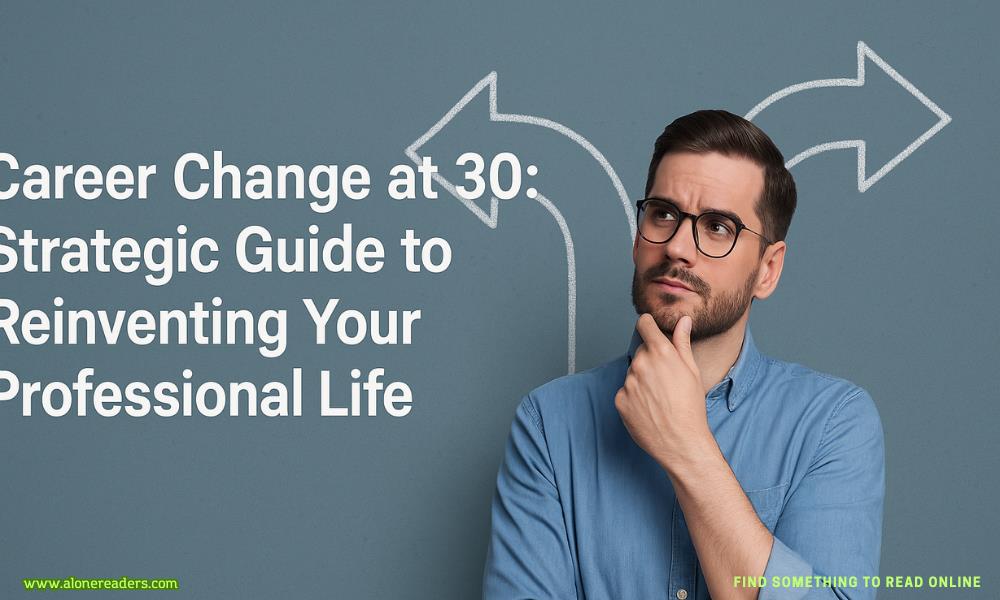Page 62 of Six Wild Crowns
“I… have not,” Boleyn says. “Sometimes it’s important for a woman to have something small for herself, is it not?”
Something small, like a magical artefact of myth and fable. Yes, very small, Boleyn.
“I don’t know if I can lie to our husband,” Howard says. She’san incessant fiddler, scratching and pulling at something in her hair, and Seymour wishes she could reach through thesunscínaand still the girl’s hands.
Seymour laughs. “Everyone can lie, sister, if the consequences are great enough.”
There’s an awkward pause, and then Howard speaks again. “Maybe he already knows about them. There might be one at High Hall, in his chambers.”
The thought sends a shiver up Seymour’s spine.
“I don’t think so,” Boleyn says. “High Hall was built centuries after the consorts’ castles. If these stones were installed at the castles’ foundation, then there’s no reason to suppose Henry would have one of his own.”
“Is that true?” Howard says, suddenly immobile.
“Why?” Boleyn asks.
“Oh. I’m probably being silly…” She peters out as she sees Boleyn’s expression. Seymour conceals a smile – Boleyn does not brook self-pity. It’s one of the reasons Seymour enjoys talking to her. She realises, suddenly, that it’s a trait that ties Clarice and Boleyn together.
“Well,” Howard says, sitting up straighter. “It only reminds me of a story my nurse used to tell me. When my aunt heard it, she drove Nurse from the house.”
Seymour leans forward, despite herself. Boleyn says, “What on earth could she have said to warrant that?”
“She was a Hleaw,” Howard says. Seymour and Boleyn nod. Hleaws, a strange people who live in the mountains surrounding the Font of Cernunnos, worship different gods. When they are employed by Elbenese – usually those wishing to save a penny or two, for the Hleaws offer cheap labour – it is on the understanding that they don’t spread their own religion.
The three women hesitate, acknowledging that they may be about to take a dangerous path. Heresy and treason are irrevocably intertwined in this country. Do they trust each other enough to share this? Seymour goes to the door of her room. No one is listening, as far as she can tell – her guards are standing further down thecorridor. Still, she stuffs a handkerchief into the keyhole and places cushions at the base of the door to muffle the sound. When she returns to thesunscína, she sees that Boleyn and Howard have pulled curtains across the door behind them. Seymour giggles involuntarily.
“Tell us,” Boleyn says. Howard closes her eyes, dredging the story from her childhood memories. She moves her hands as she talks, like an orator, her wrists and fingers winding and twisting with each phrase.
“It was the Great War, when all the world wished to carve up Elben and make it their own. We were – we are – the Medrenkynd, the Mother’s people, and Elben lay under and over Her protection. She had crafted this island and all its beauteous gifts of wood and metal and rock, and she desired it to remain whole. So when the war was at its strongest, and it was thought that Elben was lost, Medren gave herself human form, and swept Elben’s enemies into the sea, where they were banished for as long as her mortal body would live.
“And so Medren ruled over Elben, a just and powerful queen, until her body began to fail. Elben’s enemies saw that their chance to take the riches of the island was near. They gathered in the seas around us, and hid in the nooks of the Isles of Idesa, waiting, waiting.
“But Medren vowed that as long as her people defended the island with a single will, Elben would never fall. On her deathbed, she prised out one of her eyes and carved it into six pieces. Each piece she gave to an elder of the Hleaw, and those elders took the pieces to the furthest reaches of Elben, passing them down from mother to daughter, always keeping them safe. It is said that when Elben is in great danger, Medren’s all-seeing eye will cry out to be joined, and the elders of the Hleaw tribes, scattered across the queendom, shall come together at last, and Medren’s might shall return to Elben.”
Howard opens her eyes. Seymour realises that her hands are clasped over her own heart. Howard told the story with such clarity and poise, she had been completely swept up in it.
“You remembered that from your childhood?” Boleyn asks.
Howard nods. “That’s exactly as my nurse used to tell it. If I hear something two or three times I can usually recall it.”
Boleyn grasps Howard’s hand, in a way that makes Seymour’s heart clench. “But that’s a marvel, sister. You do realise that, don’t you?”
“I can see why you would make the connection to thesunscína,” Seymour interjects. “Six pieces that might fit together to form a sphere. And an eye – for seeing, as thesunscínaallow us to see each other.” Boleyn nods, her gaze flicking to Seymour’s. Perhaps she sees the other resemblance – the one they absolutely must not name until they know Howard better. That the fable twists the story of Cernunnos, eliminating him and Aethelred from the history of Elben and the bordweal, centring a goddess instead. Listening to Howard’s tale could be excused as curiosity. Stating the parallel to their own religion would be heresy.
Someone knocks on Seymour’s door. A guard’s voice says, “Your Majesty – your brother is asking for you to join him at luncheon.”
“One moment!” Seymour calls. She looks back at Boleyn and Howard, sequestered together at Plythe, forging their friendship while she, Seymour, is a week’s ride away with only her awful brother for company.
“Seymour,” Boleyn says. She presses a hand to thesunscína, and Seymour matches it, so their fingers are touching and not touching at the same time.
“Seymour. Come to Brynd for my confinement.”
“I can’t,” Seymour says. “How would we explain it? We’re supposed to hate each other.” She does not say that she is frightened of joining Boleyn for those final weeks of pregnancy and, crucially, of joining her for her labour, and the dreadful aftermath.
“I will think of a way. Never fear, sister,” Boleyn says.
As she always does, Boleyn has heard Seymour’s soul. She is saying,You will not lose me.
- The Prince's Secret Twins by Elizabeth Lennox
- Tangled Desires by Tory Baker
- At the Edge of Surrender by A.L. Jackson
- A Touch of Fate by Cora Reilly
- Untouchable Love by Lucy Darling
- After Hours by Caitlin Crews
- Shelter from the Storm by Mari Carr
- Someone Knows by Vi Keeland
- Hawk by Fiona Davenport
- The Silencer by Brooke Summers
- The Beat of her Heart by Emily Hayes
- The Neighbor's Son by K. Webster
- Vasily the Hammer by C.B. Alice
- Convenient Vows by D.C. Beks
- Wrapped in Silver by Sara Vice
- Ruined By Capture by Sherry Blake







